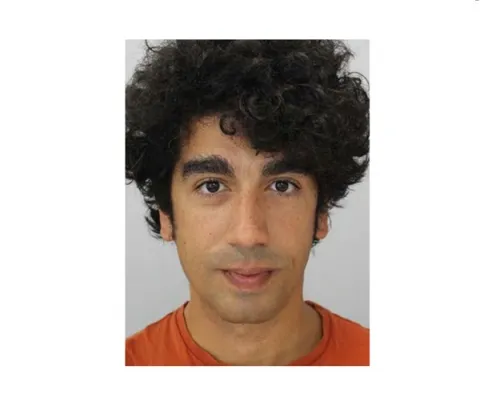About the project
Soil is one of the most complex and important self-assembling organo-mineral composites in the world. All human food supply, ecosystem and infrastructure services depend on soil. Movements of water into, within and out of soil are especially important.
In geotechnical infrastructure, it is essential to understand the processes involved in detail, both for controlling groundwater levels and pore pressures during construction, and for potentially managing soil water content to mitigate extreme cycles of seasonal wetting and drying caused by climate change.
There are particular issues that require a better understanding of soil water entry and exit processes, including:
- the depressurisation of relatively low permeability soils, particularly those comprising grains of mixed mineralogy and typical size. What is the effect of applying a vacuum at the soil / well boundary, in terms of additional depressurisation in the soil? How is this distributed within the soil? How would partial or zonal desaturation affect the behaviour?
- the recharge of soils and waste landfills, where clogging of the soil pores by impurities or the movement of fine particles can be an issue
- combining the above points, what is the feasibility of controlled water abstraction or injection to mitigate vegetation / climate induced seasonal changes in water content that lead to major shrink/ swell issues with clay embankments in particular. How would this be affected by zones of preferential flow and / or air entry?
In this project we will develop new mathematical models of soil wetting (water injection) and dewetting (water abstraction) that will enable:
- development of new understandings of what in particular influences air entry and water exit effects into and from fully saturated soils
- investigation of the microscale processes the influence soil wetting, and how these may be modified on the pore scale
- taking into account the role plants play in these processes
- assessment of the feasibility of engineered mitigation of the effects of climate induced water cycles on the wetting and dewetting of volume-sensitive soils
The School of Engineering is committed to promoting equality, diversity inclusivity as demonstrated by our Athena SWAN award. We welcome all applicants regardless of their gender, ethnicity, disability, sexual orientation or age, and will give full consideration to applicants seeking flexible working patterns and those who have taken a career break.
The University has a generous maternity policy, onsite childcare facilities, and offers a range of benefits to help ensure employees’ well-being and work-life balance. The University of Southampton is committed to sustainability and has been awarded the Platinum EcoAward.
